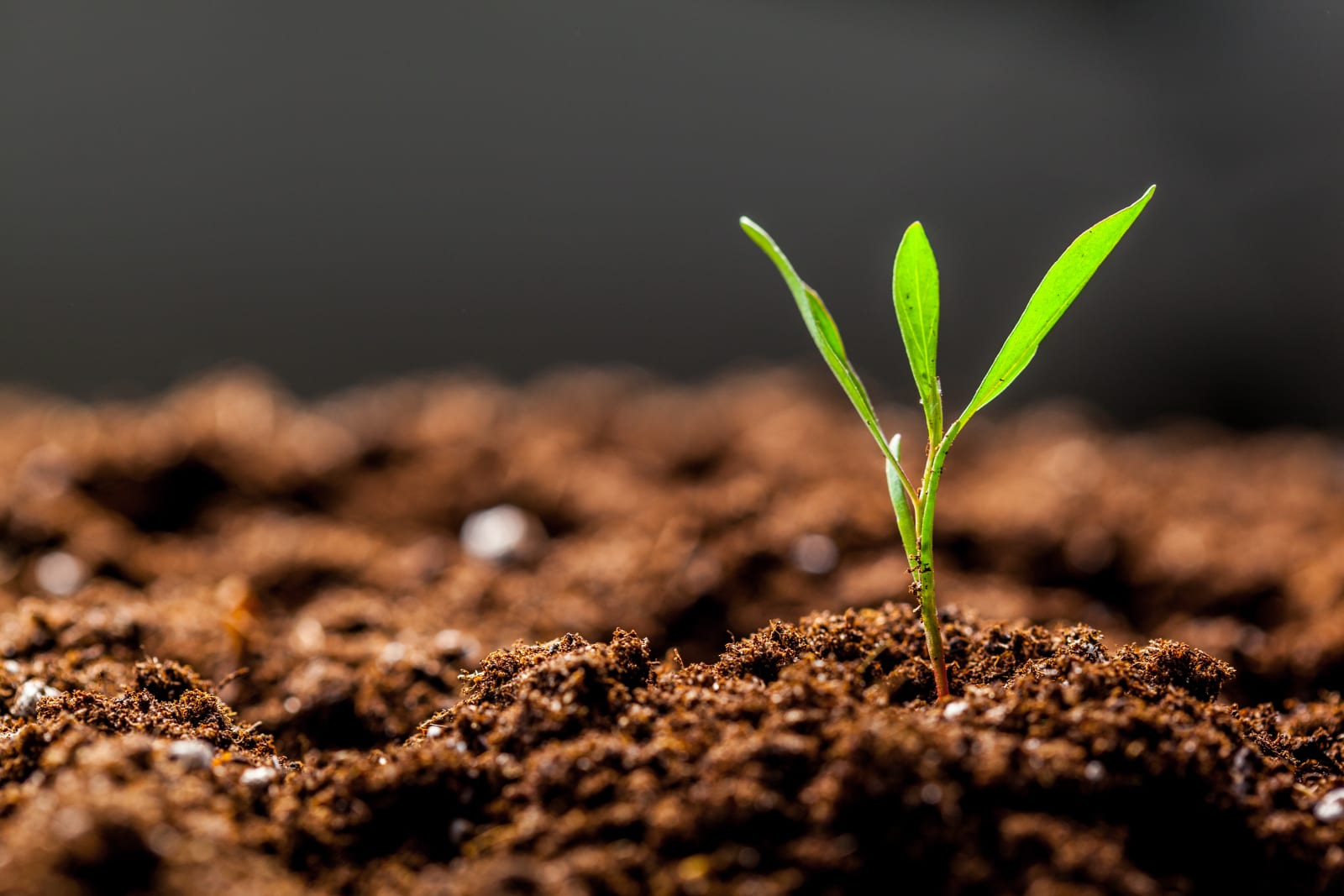Unearthing Oxygen-Starved Bacteria Might Worsen Climate Change
Stanford scientists forced bacteria into oxygen-starved (anaerobic) environments where they produced far less CO2, according to their studyreleased today in the journal Nature Communications. In this mode, the bacteria decomposed far fewer carbon-rich lipid and wax molecules, which dropped carbon dioxide production by a factor of 10.
Of course, the model could shift the other way: If previously oxygen-deprived bacteria is exposed (say, if rigorous farming disrupts the soil), they could increase by tenfold the amount of CO2 they put into the atmosphere. Similarly, warming climate — or different irrigation patterns as humans adjust to changing weather — could accelerate soil bacteria’s carbon dioxide production.

 A recently-released federal report has finally credited humans with causing climate change, but we might have more to worry about than fossil fuel emissions. While we knew bacteria in earth’s soil releases almost a third of the carbon dioxide that reaches the atmosphere every year, a portion of this population has gone overlooked. A new study has
A recently-released federal report has finally credited humans with causing climate change, but we might have more to worry about than fossil fuel emissions. While we knew bacteria in earth’s soil releases almost a third of the carbon dioxide that reaches the atmosphere every year, a portion of this population has gone overlooked. A new study has